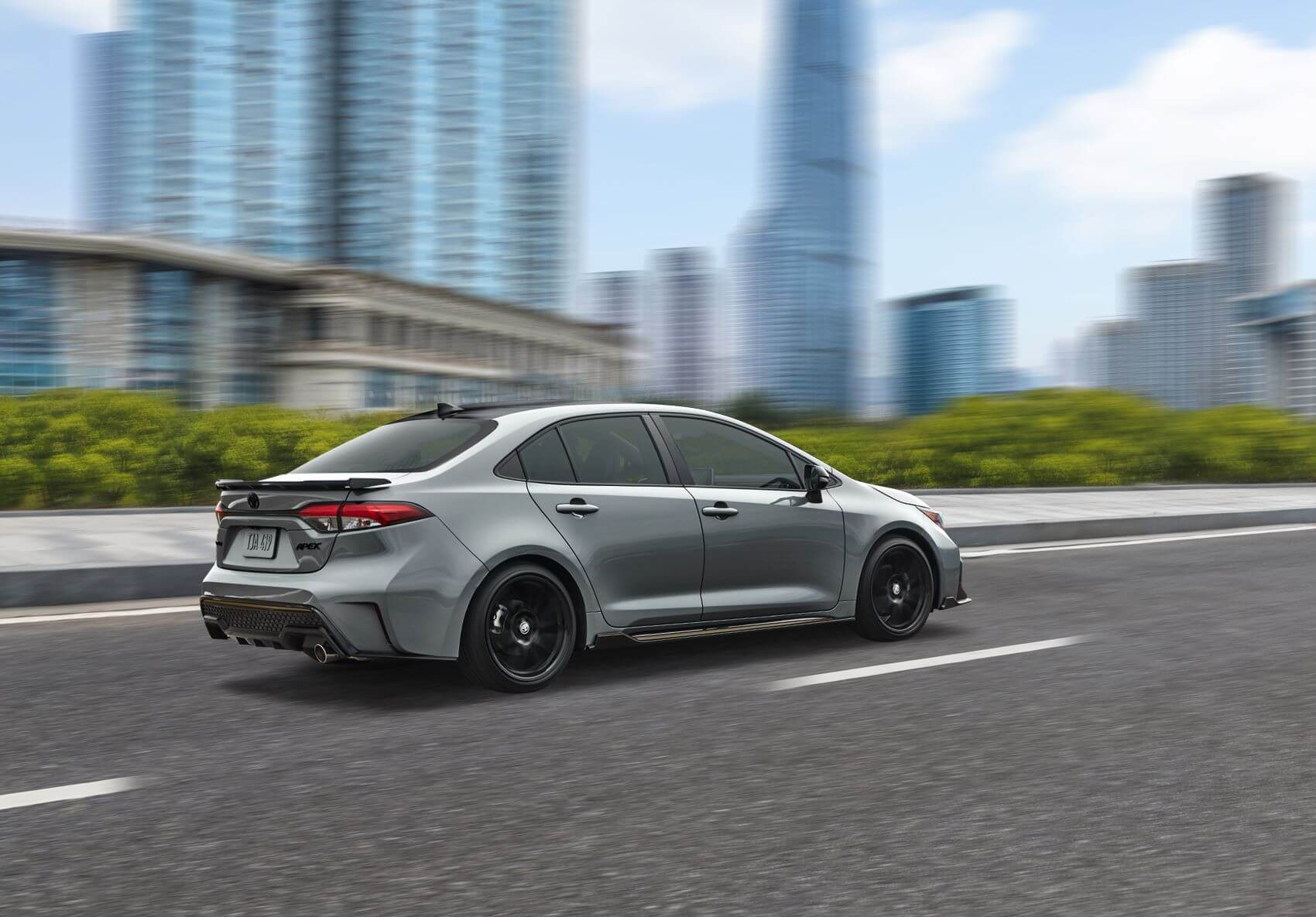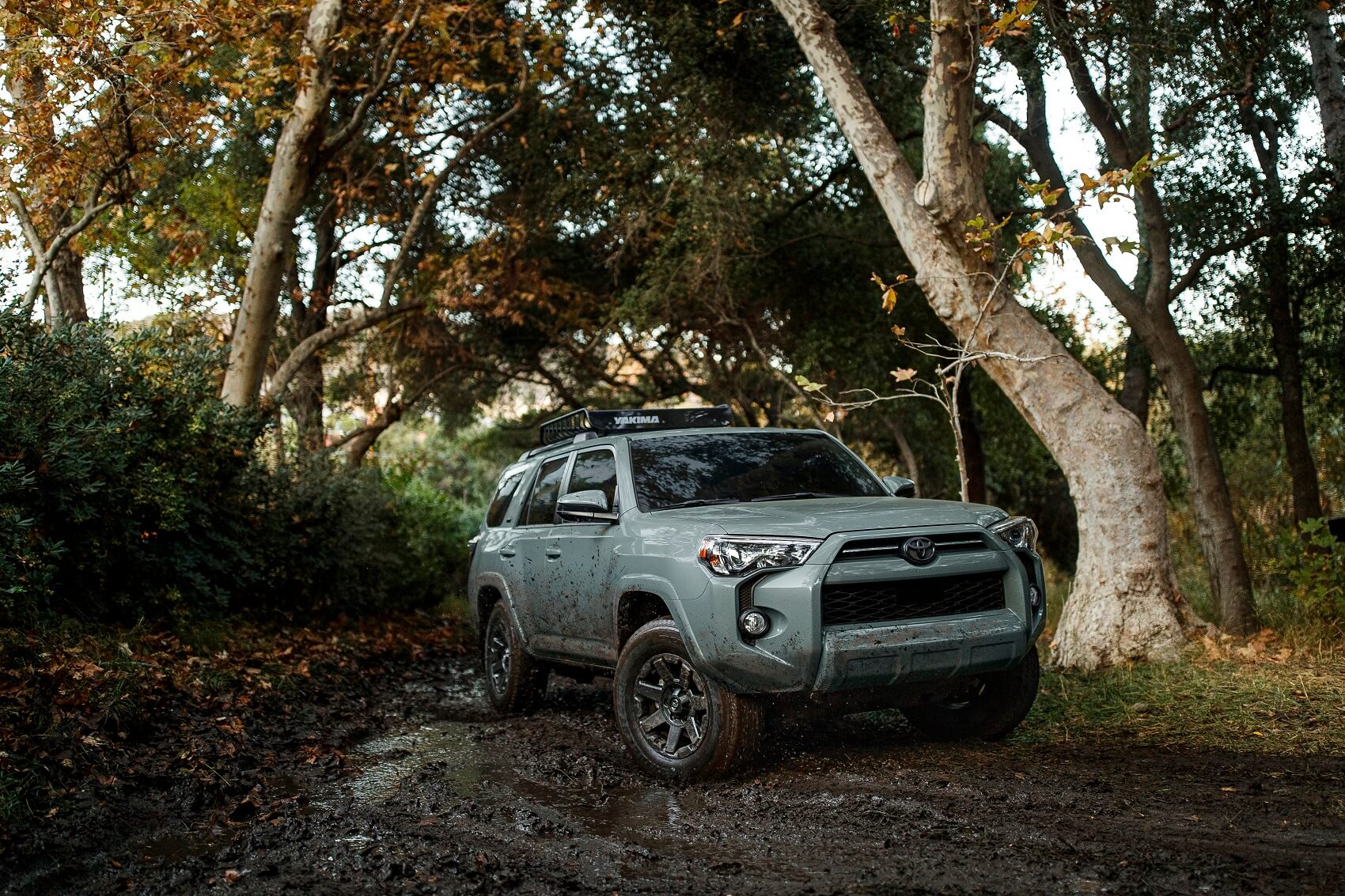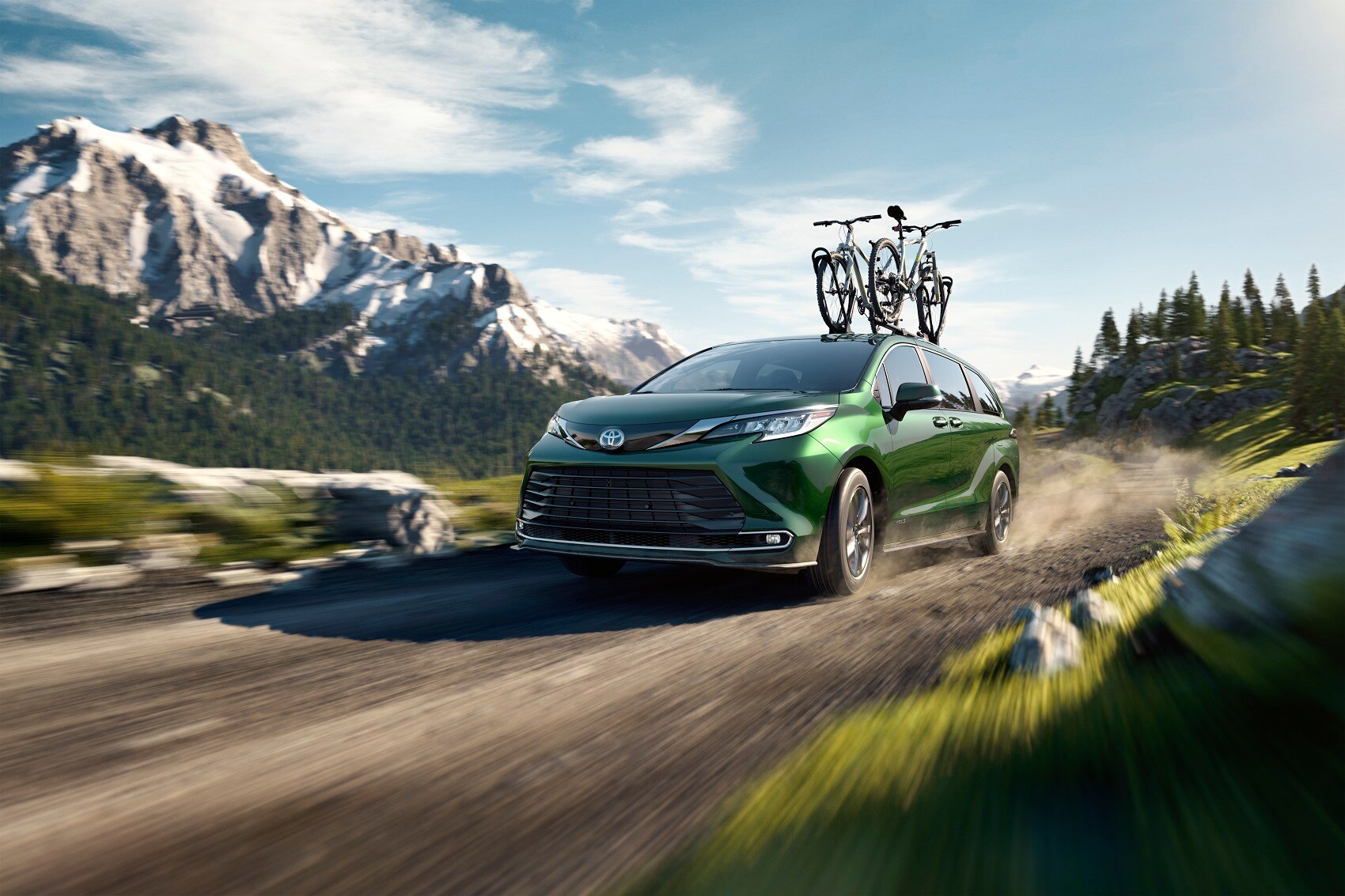A Tale of 2 Brands
 While both Toyota and Honda are known for producing sturdy and dependable vehicles, you may be surprised to know that each of these well-known Japanese brands was born out of its own unique idea.
While both Toyota and Honda are known for producing sturdy and dependable vehicles, you may be surprised to know that each of these well-known Japanese brands was born out of its own unique idea.
Honda began with the mass production of engine-powered bikes just after World War II. In 1948 the company incorporated, and its primary function was manufacturing auxiliary engines for the bikes. Their first automobile, the T360 mini-truck, debuted in 1963.
Toyota, however, had the head start. The company created its first car-the Model AA-in 1936, just before WWII. Over the years, their automotive expertise expanded, and in 1968 the Corolla was launched. This car has since become the world's all-time best-selling passenger car.
Each Has Its Own Personality
 There's an old proverb that says, If you want to go fast, go alone. If you want to go far, go together. The Toyota and Honda brands each seem to embody one part of this saying.
There's an old proverb that says, If you want to go fast, go alone. If you want to go far, go together. The Toyota and Honda brands each seem to embody one part of this saying.
Honda is known for a focus on technological development and improving aspects like vehicle handling and speed with each new vehicle iteration. This has led the brand to branch out into other areas besides bikes and vehicles and into airplanes. That's a way to go fast.
Toyota, however, appears to be the brand most consumers depend on to help them go wherever they need so they can indulge in time with family and friends-with the people who matter most. The Toyota brand focuses on making cars reliable, and this makes their products highly accessible over the long term.
Reliably Sustainable
 Toyota vehicles may be known for being dependable, but that doesn't mean the brand isn't making their innovative mark in the world. When it comes to sustainability, the company has really put the pedal to the metal.
Toyota vehicles may be known for being dependable, but that doesn't mean the brand isn't making their innovative mark in the world. When it comes to sustainability, the company has really put the pedal to the metal.
In 2021, the Toyota Mirai set the Guinness World Records™ title by taking an 845-mile journey while producing zero carbon emissions. This is the longest distance any electric vehicle with a hydrogen fuel cell has ever covered without refueling.
Honda has the goal to electrify two-thirds of its global vehicle sales by the year 2030. However, Toyota already has a complete lineup of sedans, SUVs, vans, and trucks that drive into a sustainable future using electric and hybrid power.
 The quaint vintage stores and small gift shops are just a short drive away in New Holland, Lancaster, and Lititz, Pennsylvania. So is the Susquehanna River, where you can enjoy fishing, watersports, and beautiful views year-round.
The quaint vintage stores and small gift shops are just a short drive away in New Holland, Lancaster, and Lititz, Pennsylvania. So is the Susquehanna River, where you can enjoy fishing, watersports, and beautiful views year-round. While both Toyota and Honda are known for producing sturdy and dependable vehicles, you may be surprised to know that each of these well-known Japanese brands was born out of its own unique idea.
While both Toyota and Honda are known for producing sturdy and dependable vehicles, you may be surprised to know that each of these well-known Japanese brands was born out of its own unique idea. There's an old proverb that says, If you want to go fast, go alone. If you want to go far, go together. The Toyota and Honda brands each seem to embody one part of this saying.
There's an old proverb that says, If you want to go fast, go alone. If you want to go far, go together. The Toyota and Honda brands each seem to embody one part of this saying. Toyota vehicles may be known for being dependable, but that doesn't mean the brand isn't making their innovative mark in the world. When it comes to sustainability, the company has really put the pedal to the metal.
Toyota vehicles may be known for being dependable, but that doesn't mean the brand isn't making their innovative mark in the world. When it comes to sustainability, the company has really put the pedal to the metal.